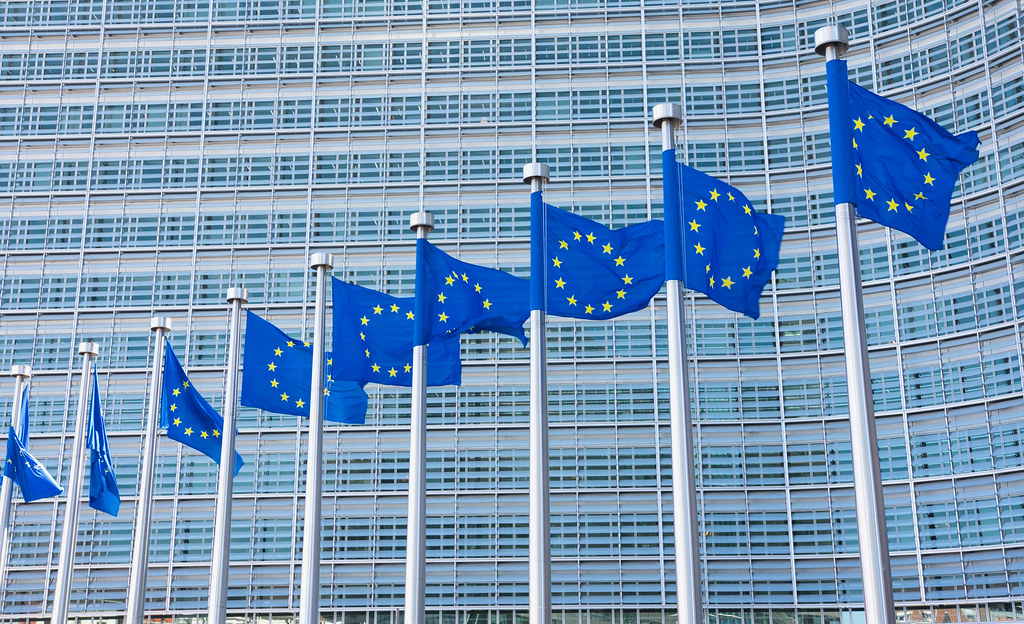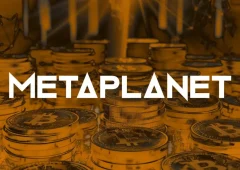MiCA Regulations Cause Uncertainty for Stablecoins, Says ESMA
05.03.2025 22:00 2 min. read Kosta Gushterov
The ongoing debate over the regulatory treatment of stablecoins under the European Union’s Markets in Crypto-Assets Regulation (MiCA) has intensified.
The European Securities and Markets Authority (ESMA) recently provided additional insight into how MiCA applies to stablecoins that don’t meet the new rules. Binance, on March 3, announced plans to remove several stablecoins, including Tether’s USDT, from its platform for users in the European Economic Area (EEA). Despite this, users will still be able to deposit and withdraw these tokens after the delisting, set for March 31.
In an official statement, ESMA clarified that providing custody or transfer services for non-compliant stablecoins does not breach MiCA. The authority noted that these actions are not considered an “offering to the public” under the regulation. However, it advised that crypto service providers should prioritize halting services that allow users to acquire these tokens.
This clarification has stirred further confusion, as MiCA’s provisions continue to be interpreted in various ways. The regulator also reminded crypto providers that they are allowed to offer sell-only services until the end of March, allowing investors to exit their positions.
Despite this, questions about how MiCA applies to non-compliant stablecoins remain unresolved, with ongoing debates about the regulation’s scope and its application to sectors like tokenized real-world assets and staking.
As European regulators closely monitor the market’s adaptation to MiCA, the industry continues to grapple with the implications of the new laws and their impact on established crypto practices.
-
1
U.S. State of Connecticut Blocks Crypto from Public Sector Operations
12.06.2025 16:00 1 min. read -
2
Federal Reserve Clears Path for Banks to Enter Crypto Market
24.06.2025 8:00 2 min. read -
3
Vietnam Charts a Clear Course for Digital Assets With New 2026 Law
16.06.2025 18:00 1 min. read -
4
GENIUS Act Clears Senate, Setting Stage for First U.S. Crypto Law
18.06.2025 12:00 1 min. read -
5
Coinbase and Set Gemini to Expand in EU Under MiCA Rules
17.06.2025 13:00 2 min. read
Crypto Advocates Back Sen. Cynthia Lummis’ Push to Reform Digital Asset Tax Rules
As the U.S. Senate debates a sweeping reconciliation package dubbed the “Big, Beautiful Bill,” crypto industry advocates are rallying behind an amendment introduced by Senator Cynthia Lummis aimed at reforming outdated and burdensome tax rules for digital assets.
Germany’s Largest Banking Group Sparkassen to Offer Crypto Trading by 2026
In a major shift from its earlier stance, Sparkassen-Finanzgruppe — Germany’s largest banking group — is preparing to introduce cryptocurrency trading services for retail clients by the summer of 2026, according to a report from Bloomberg.
Kazakhstan to Establish State Crypto-Reserve Under Central Bank Oversight
Kazakhstan is taking a major step toward integrating digital assets into its national financial strategy, with plans to establish a state-managed crypto-reserve.
Europe’s Largest Euro-Denominated Spot Crypto Exchange Secures License Under MiCA
Bitvavo, Europe’s largest euro-denominated spot crypto exchange, has officially received a MiCA license from the Dutch Authority for the Financial Markets (AFM), allowing the firm to operate across all 27 European Union member states.
-
1
U.S. State of Connecticut Blocks Crypto from Public Sector Operations
12.06.2025 16:00 1 min. read -
2
Federal Reserve Clears Path for Banks to Enter Crypto Market
24.06.2025 8:00 2 min. read -
3
Vietnam Charts a Clear Course for Digital Assets With New 2026 Law
16.06.2025 18:00 1 min. read -
4
GENIUS Act Clears Senate, Setting Stage for First U.S. Crypto Law
18.06.2025 12:00 1 min. read -
5
Coinbase and Set Gemini to Expand in EU Under MiCA Rules
17.06.2025 13:00 2 min. read


